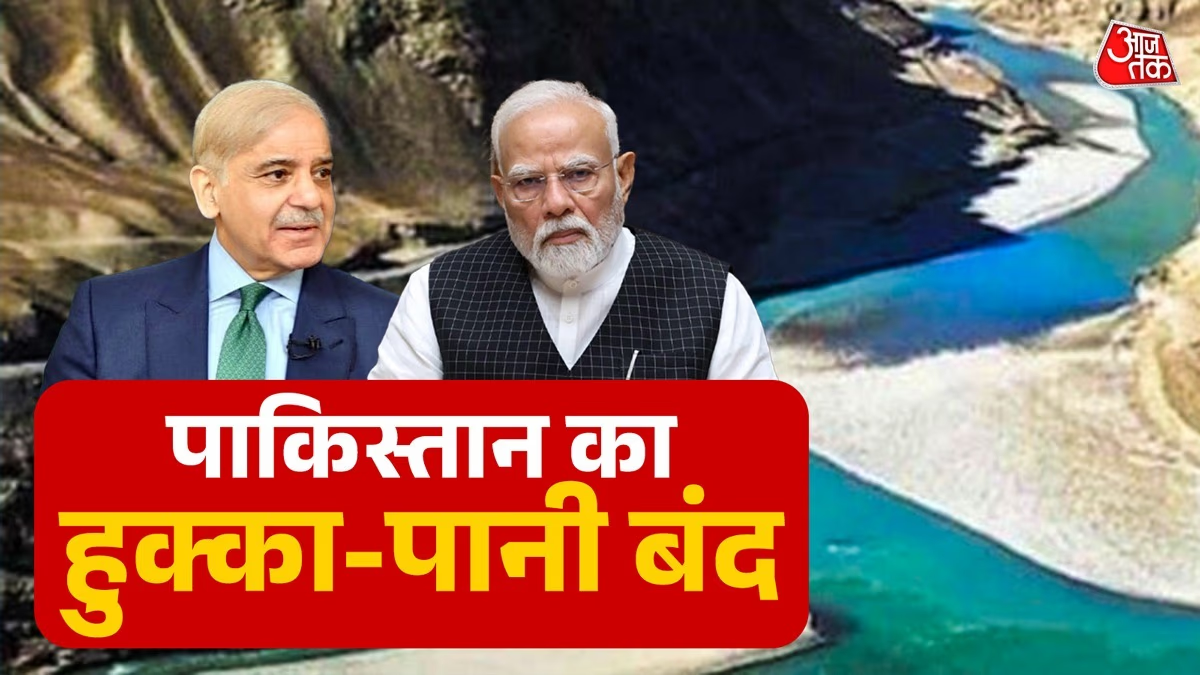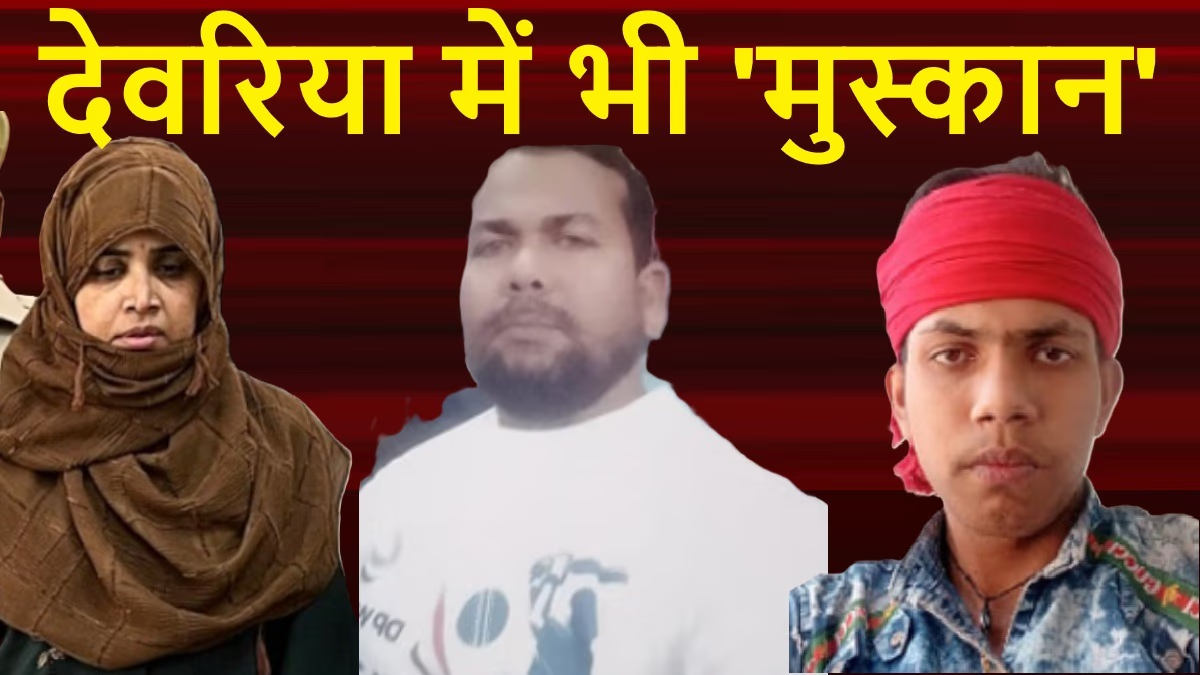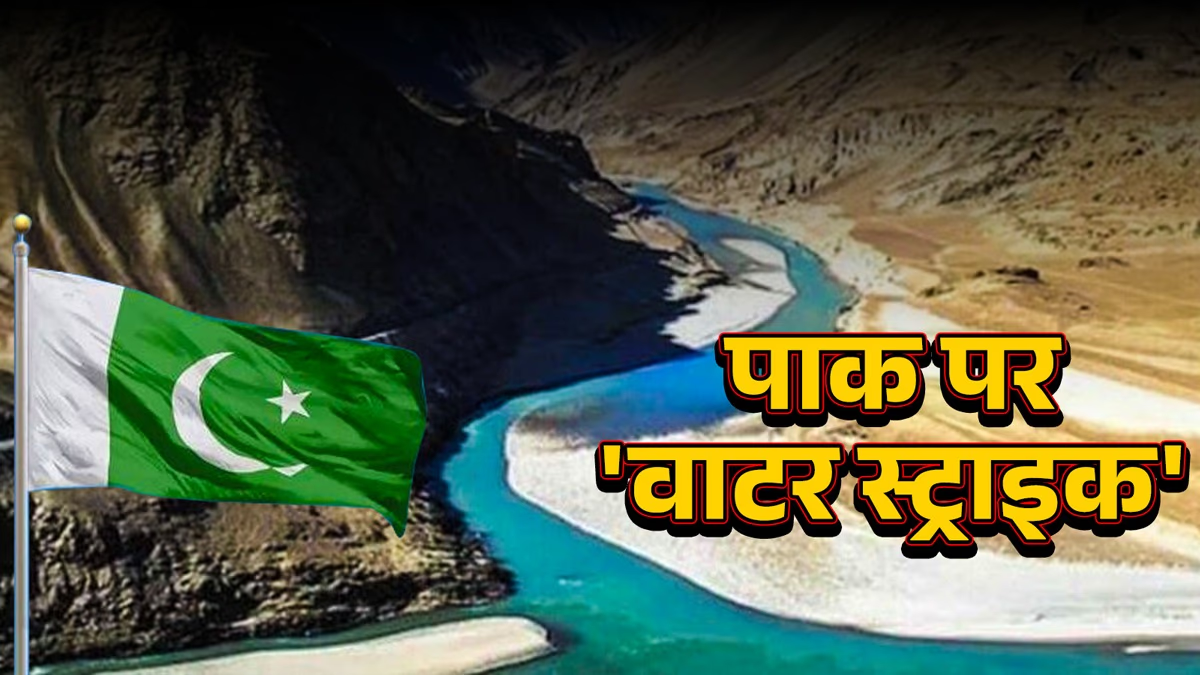On Tuesday, a devastating terrorist attack in Pahalgam, Jammu and Kashmir, claimed 28 lives. Holding Pakistan responsible for this cowardly act, India took five significant actions the following Wednesday. In a strategic decision led by Prime Minister Narendra Modi during the CCS meeting, a historic move was made to halt the 65-year-old Indus Water Treaty. Furthermore, the Attari check post was also slated for closure. Let's delve into what these decisions entail...
Discover the Five Major Decisions Taken by the Government
In a high-stakes meeting chaired by PM Modi, it was decided that the Indus Water Treaty signed in 1960 between India and Pakistan would be suspended with immediate effect. The historic Attari check post saw closure as another critical decision. The third decision barred Pakistani citizens from visiting India under the SAARC visa plan. Additionally, defense, military, and naval advisors stationed at the Pakistani embassy in New Delhi were given a seven-day notice to leave the country. Meanwhile, India called back its advisors from its embassy in Pakistan.
This Just In: Pakistan Reacts Strongly to India's Actions, Holds Emergency Meeting
The Implications of These Decisions
The Indus Water Treaty, established on September 19, 1960, dictated the sharing of six river waters between the nations. The treaty granted India rights over the Ravi, Beas, and Sutlej rivers, while Pakistan was allowed to utilize the Indus, Jhelum, and Chenab rivers. The treaty was crafted to prevent water conflict. Now, halting it seems monumental as it signifies increased tensions post-terror attacks and even after three wars between the two nations. India's action post-Pahalgam attack signifies a strategic move that could lead to a severe water scarcity in Pakistan, where 80% of agriculture relies heavily on the Indus, Jhelum, and Chenab rivers. Additionally, hydro projects for power generation in Pakistan might face setbacks due to water shortages, potentially straining Pakistan's economy further.
Economic Impact of Closing Attari Check Post
The closure of the Attari check post signifies a complete halt in movement between the two nations. Previously, minor trade and exchanges across this border facilitated small businesses. Now, these will cease, affecting local traders economically. Although bilateral trade has been minimal, the flow of minor goods was maintained, which now will face strict limitations.
Visa Suspension: What Changes?
With India's suspension of visas for Pakistanis, the diplomatic message is clear: India is severing its ties with Pakistan. This move affects many Pakistani families with relatives in India, who now find visiting impossible. India's plan extends to sending back every Pakistani civilian, reflecting a strategy to dismantle any form of association.
High Commission Action: What to Expect?
India's declaration of the Pakistani High Commission’s advisors as persona non grata, mandating their exit within a week, further strains diplomatic relations. India’s acting on its advisors to withdraw from Pakistan will likely halt military-level discussions and connections, subsequently undermining Pakistan's diplomatic leverage due to reduced staff presence.




